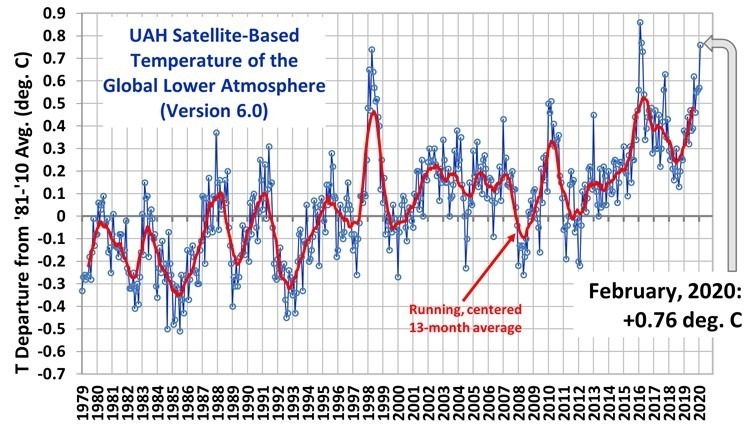MedFaced
Active member
[URL=https://www.icmag.com/ic/picture.php?albumid=79344&pictureid=2010659&thumb=1]View Image[/url] [URL=https://www.icmag.com/ic/picture.php?albumid=79344&pictureid=2010660&thumb=1]View Image[/url] [URL=https://www.icmag.com/ic/picture.php?albumid=79344&pictureid=2010661&thumb=1]View Image[/url]
How did they know what the "global" temperature record from 141 years ago was, to know whether it is hotter or colder now ?, not many weather stations around the globe 141 years ago, it sounds like bullshit
The thermometer was invented in the 1700’s and the west has had/been building weather stations positioned in various locations since the 1800’s.



 Cherry picking is the whole "believer" argument, any hot day or two will do
Cherry picking is the whole "believer" argument, any hot day or two will do


 )
)

